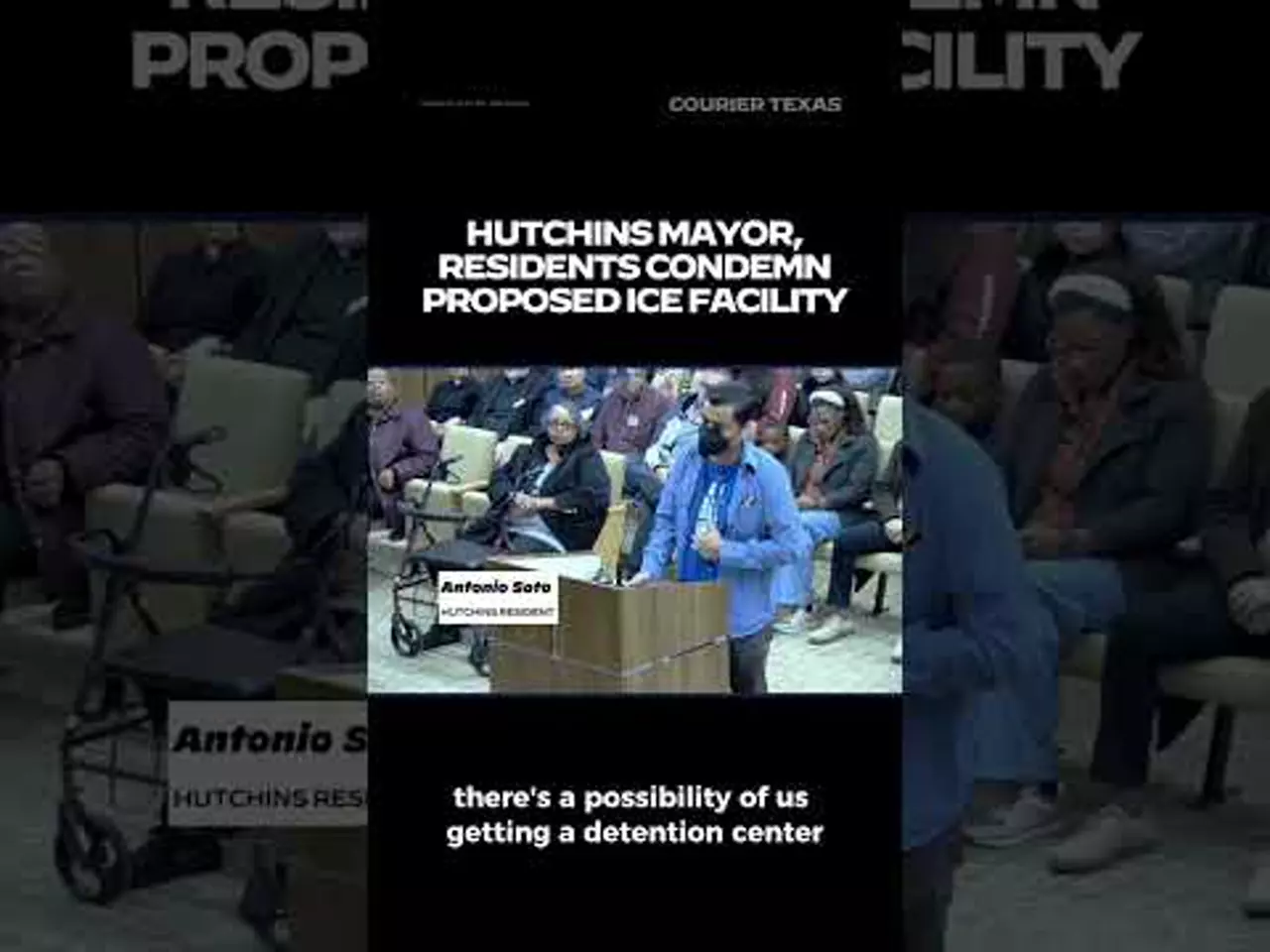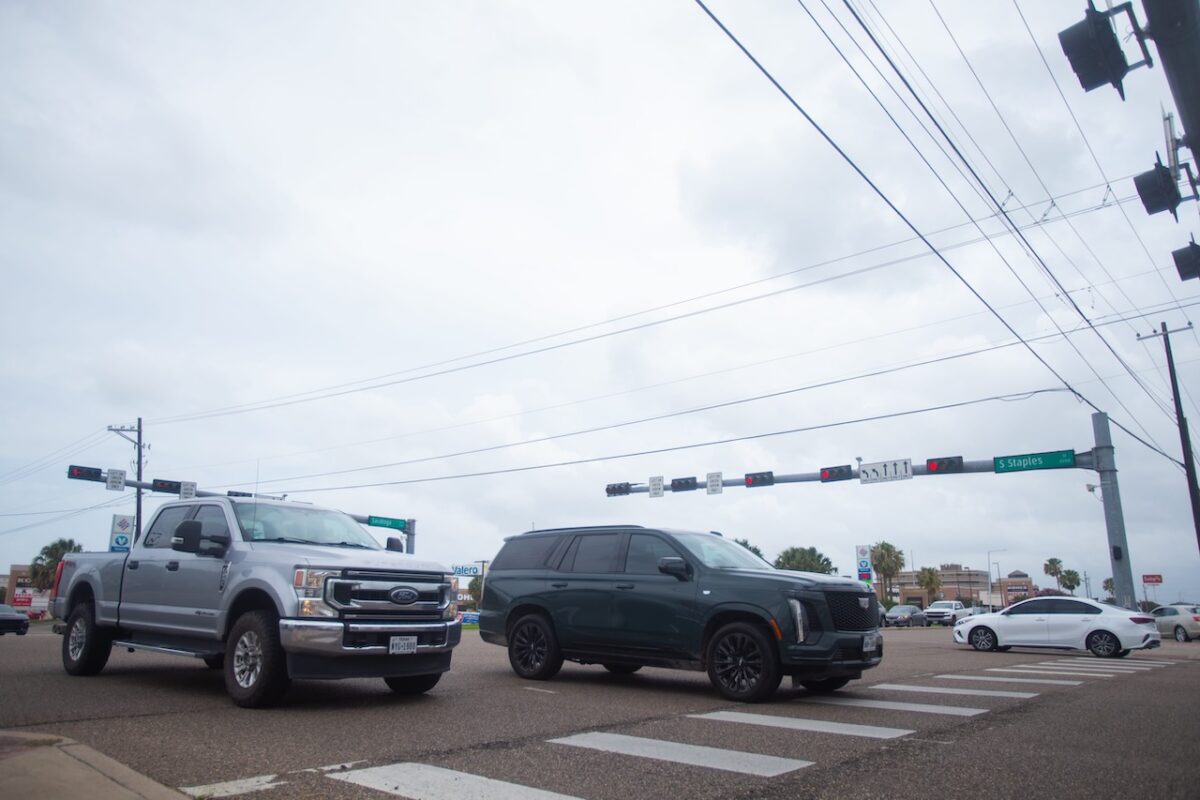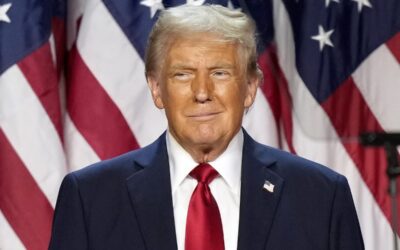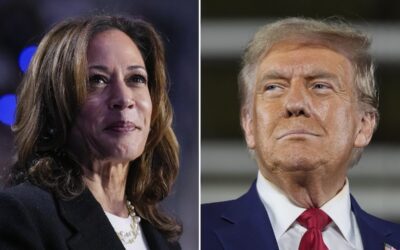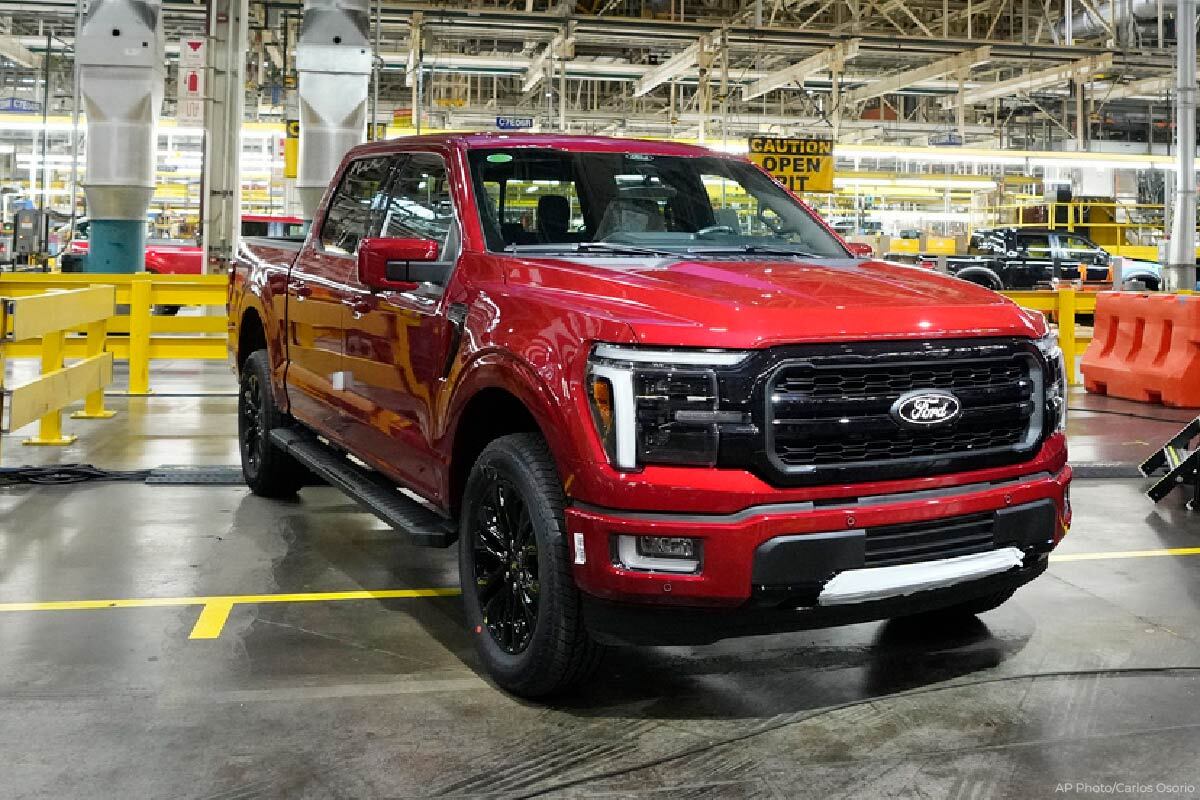
Trump’s proposed tariff of between 100% and 2,000% on foreign-made cars entering the US would raise prices on both domestic and imported cars and “likely send thousands of US workers to the unemployment line,” according to Howard Gleckman, a senior fellow in the Urban-Brookings Tax Policy Center at the Urban Institute. (AP Photo/Carlos Osorio)
Trump’s proposed tariff of between 100% and 2,000% on foreign-made cars entering the US would raise prices on both domestic and imported cars and “likely send thousands of US workers to the unemployment line,” according to Howard Gleckman, a senior fellow in the Urban-Brookings Tax Policy Center at the Urban Institute.
Republican presidential candidate Donald Trump has declared that he would impose a tariff on foreign-made cars entering the US if he wins the November election, an action that could cause dozens of car brands to get dramatically more expensive, including many of the most popular brands like Ford, Honda, and Toyota.
“We will put a 100% tariff on every single car coming across the Mexican border,” Trump said during a speech in Georgia last month. “The only way they’ll get rid of that tariff is if they want to build a plant right here in the United States, with you people operating that plant.”
Then, during a recent Fox News interview, Trump suggested an even higher tariff.
“All I’m doing is saying ‘I’ll put 200 or 500, I don’t care.’ I’ll put a number where they can’t sell one car,” he said. “I don’t want them hurting our car companies.”
In a speech last week at the Detroit Economic Club, Trump said he’d be willing to raise the tariffs on these vehicles to 1,000%, and on Tuesday, he said he’d be willing to raise them to 2,000%.
“You make it so high, so horrible, so obnoxious” that companies will return manufacturing to the US “right away,” Trump said.
Tariffs are taxes on imported goods, therefore any US-imposed tariff must be paid by the entity that imports the product. Importers then have three options: pay the tariff and suffer lower profits, raise prices for consumers to cover the cost of the tariff, or renegotiate contracts with their suppliers or switch to suppliers with lower prices. They usually go with the second option.
While not every imported vehicle would be subject to Trump’s tariffs, any vehicle coming across the Mexican border would be, according to Reuters. Mexico exported about three million vehicles to the United States in 2023, with the Big Three US automakers — General Motors (GM), Ford, and Stellantis — accounting for about half of those exports.
The impact of Trump’s proposed tariffs could be devastating on the car market and some of its most popular brands. According to the International Trade Administration (ITA), Audi, BMW, Ford, GM, Honda, Hyundai, Kia, Mazda, Mercedes Benz, Nissan, Stellantis, Toyota, Volkswagen, and Tesla have established facilities in Mexico.
For example, the average 2025 Toyota Camry costs $28,400. If a 100% tariff on it was put into place, any Camry imported from Mexico could see its cost potentially double, to nearly $60,000. If a 200% tariff was put into place, that vehicle could cost consumers as much as $85,000. And if Trump actually enacted 1,000% or 2,000% tariffs, the cost of the imported vehicle could theoretically rise into the hundreds of thousands of dollars.
The 2025 Toyota Rav-4 would experience a similar price increase. Currently, the car retails for around $28,850. Like with the Camry, the price of imported Rav-4s could double under 100% tariffs to roughly $60,000 and triple under 200% tariffs to about $85,000.
Any imported Ford, GM, or Stellantis vehicles would face similar price increases if Trump followed through with his tariffs. A 2025 Ford F-150 retails for $38,710. The price on any imported F-150 could double to about $78,000 and triple to roughly $116,000 under 100% and 200% tariffs.
While Trump has said his goal with the tariffs is to force automakers to build more cars in the US, it would almost certainly have the effect of raising car prices for consumers — not just on foreign-made vehicles, but potentially all vehicles.
If Trump implements massive tariffs on cars imported from overseas, the cost of those vehicles would rise for consumers, likely prompting them to look to domestic-made vehicles as an alternative. And as demand for those US-made vehicles rises, then US car makers would likely feel they could raise their own prices as well in order to make higher profits.
“Past experience with other goods suggests a tariff likely would drive up the cost of motor vehicles, domestic as well as imports, used cars as well as new,” Howard Gleckman, a senior fellow in the Urban-Brookings Tax Policy Center at the Urban Institute, wrote earlier this year. “And rather than add jobs, as Trump insists, these tariffs likely would send thousands of US workers to the unemployment line.






